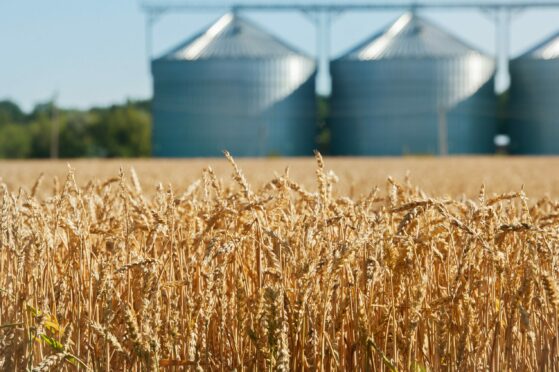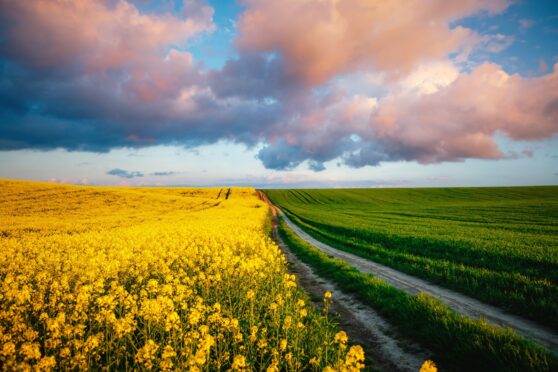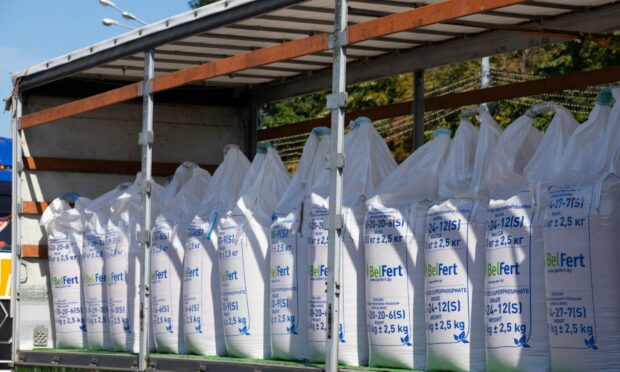As UK farmers’ unions send messages of solidarity to their Ukrainian counterparts, uncertainty continues to grow over the impact of the conflict on global commodity markets and food security.
In their message to fellow farmers the unions said the “atrocious and unprecedented challenges you face on your farms and with your families this spring are unimaginable.
“Please be assured farmers in the UK hold you in our thoughts, we are watching and want to hear from you.
“If there is anything we can do to offer support, please contact us.”
Meanwhile, international traders say uncertainty is the only certainty as markets continue to trade higher over fears of severe shortages of exportable wheat while Ukrainian ports remain closed.
Jonathan Lane, ADM Agriculture’s head of grain trading, said exporters and buyers are rushing to book EU supplies to replace lost Ukrainian exports, leading to US markets trading up $64/tonne and France’s France’s MATIF rising EUR47/t this week, both for May 22 positions.
“The UK continues to follow these chaotic grain markets,” he said.
Mr Lane added the European Commission has received an official request to allow the import of GM maize for inclusion into animal feed to alleviate the shortness of supply and higher prices.
The commission is also looking at how to support its own farmers after farm ministers called for actions including triggering the recently established food crisis monitoring programme.
Ministers agreed to consider a temporary halt to some environmental programmes, such as leaving land fallow, to allow more farmland to be devoted to protein crops.
Oilseed markets are also dominated by the conflict, and according to Will Ringrose, from ADM Agriculture, daily trading ranges have been the largest ever seen.
“Black Sea supplies remain a concern, especially of sunflower oil for old and new crop. Old crop logistics are being affected and new crop planting is likely to be delayed or postponed,” he said.
“Markets will remain extremely volatile until the trade figures out a way to solve the void.”
New record highs for natural gas prices have added to what was already a volatile nitrogen market, and traders report that UK ammonium nitrate producers have withdrawn from the market.
Joe Gilbertson, head of fertilisers at the Agricultural Industries Consortium (AIC), said the UK was not heavily dependant on fertiliser from Russia and Belarus which prefer to supply bigger markets such as Brazil.
“There are many sources of fertiliser available to us, but the real problem is the rising price of gas,” he said.
“Most plants here have gone back to reduced production because of the uncertainty of demand at these high rates.”
Mr Gilbertson added it was too early to know how much UK farmers have cut back on fertiliser applications as a result of high prices.


